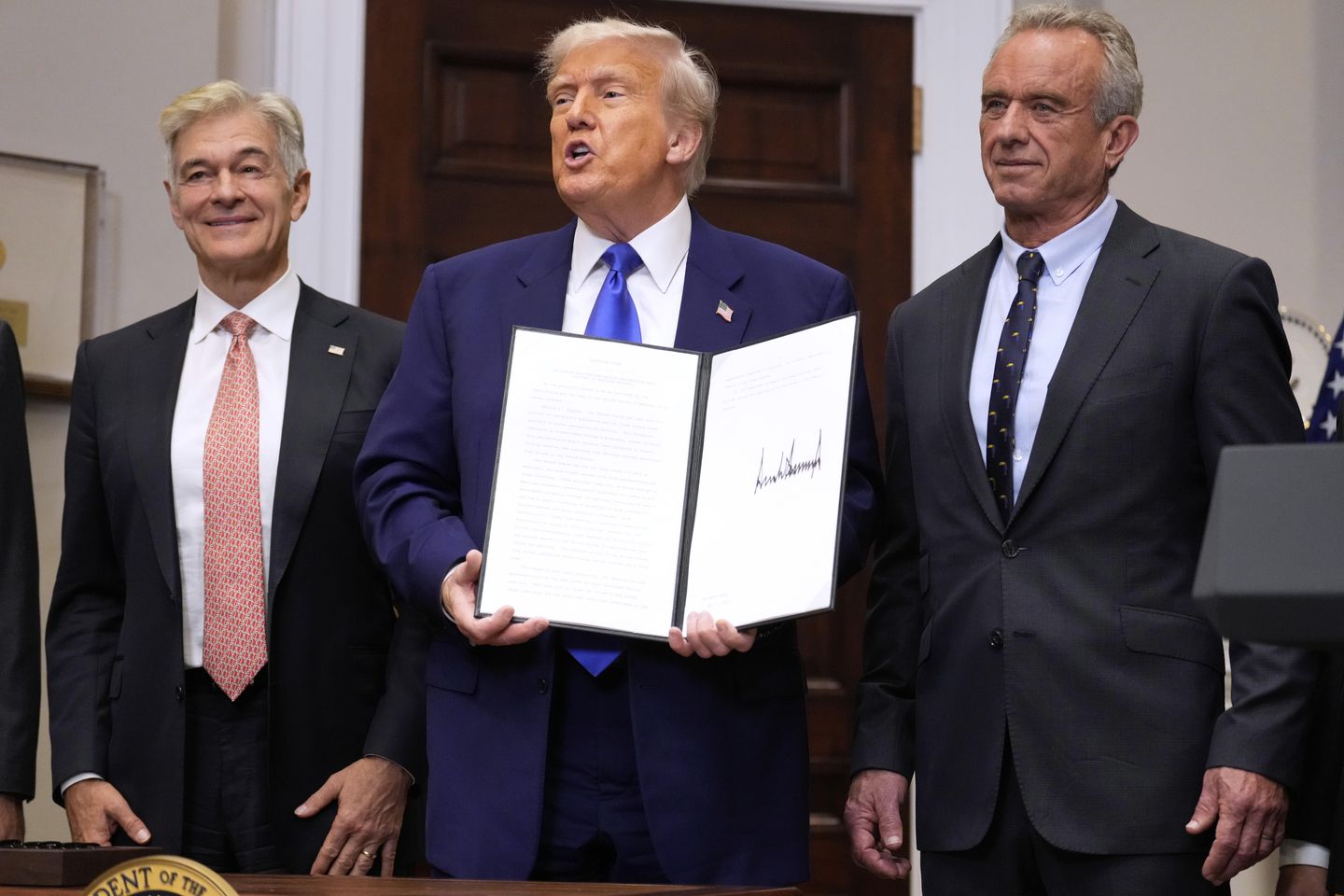
Republicans plan to pay for historic tax cuts by increasing work requirements for some Medicaid recipients while curbing funding and policies aimed at replacing fossil fuels with renewable energy.
The cost-cutting plan, unveiled in new legislation set for committee consideration on Tuesday, would also strip federal funding from Planned Parenthood and other abortion providers.
“Savings like these allow us to use this bill to renew the Trump tax cuts and keep Republicans’ promise to hardworking middle-class families,” House Energy and Commerce Committee Chairman Brett Guthrie said in a statement announcing the proposal.
The panel is tasked with producing one-third of a sweeping tax cut and policy measure that President Trump has touted as “one big, beautiful bill.”
He wants the legislation to extend the income tax cuts he signed into law in 2017 and to cut additional taxes on tipped wages, overtime pay and Social Security checks for seniors.
The House Ways and Means Committee is slated to release a section of the plan Monday afternoon that is expected to ditch Biden-era green energy tax credits and implement a State and Local Tax Deduction (SALT) that was eliminated in the 2017 tax law.
The Energy and Commerce legislation reforms Medicaid, the nation’s fastest-growing entitlement, by requiring able-bodied adults to work, volunteer or undergo training. The legislation also implements new oversight requirements that states must follow that are aimed at preventing waste and fraud, and imposes a new cost-sharing requirement for families.
Democrats said the proposal will lead to millions of people losing health care coverage, in part by expanding work requirements and imposing new restrictions on state funding.
“In no uncertain terms, millions of Americans will lose their health care coverage, hospitals will close, seniors will not be able to access the care they need, and premiums will rise for millions of people if this bill passes,” Frank Pallone, the top Democrat on the Energy and Commerce panel, said in a statement.
The Energy and Commerce panel was tasked with finding $850 billion in federal spending reductions to pay for the tax cuts.
In addition to Medicaid changes, the measure slashes funding to the Greenhouse Gas Reduction Fund. It also repeals federal funding to address air pollution, cuts funding to low-emission electricity programs and repeals spending for dozens of other related programs, including environmental and climate justice block grants.
The Congressional Budget Office determined the reforms to Medicaid, energy and other cuts in the bill would reduce the deficit by not less than $880 billion over ten years.












